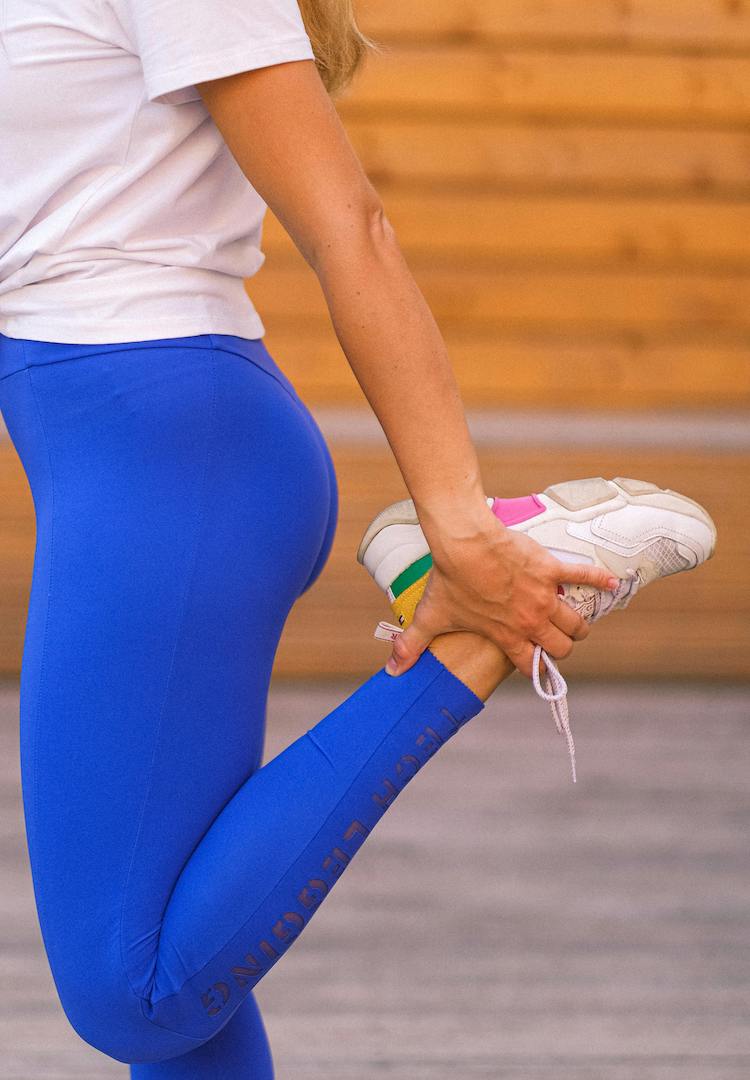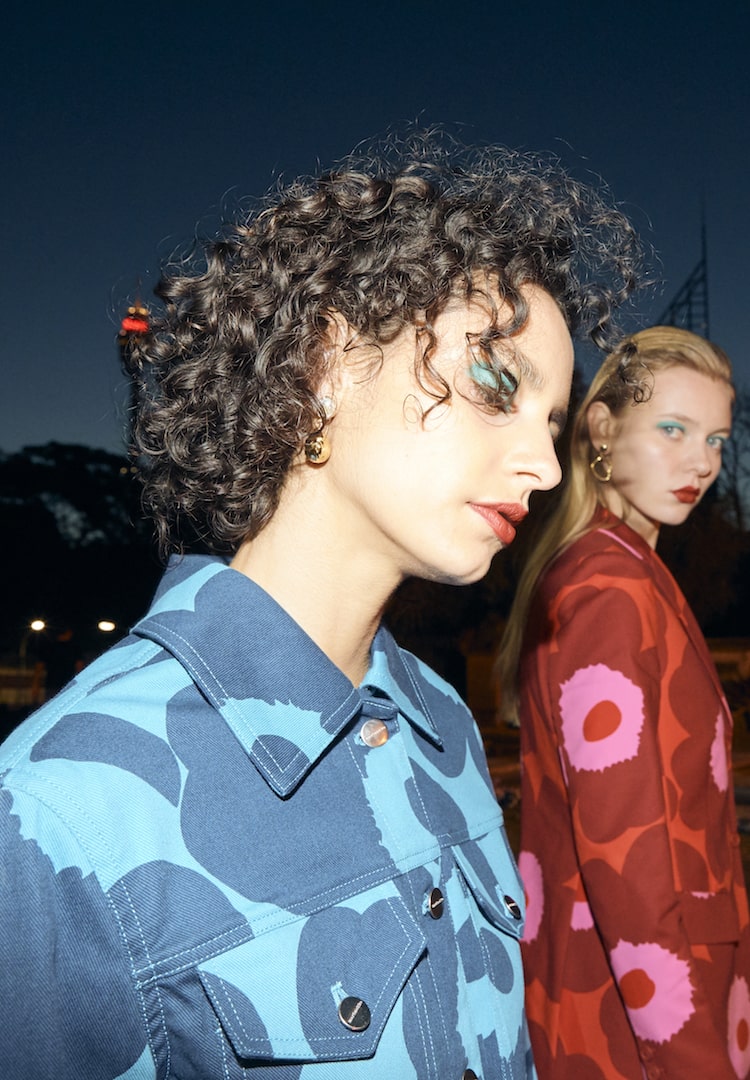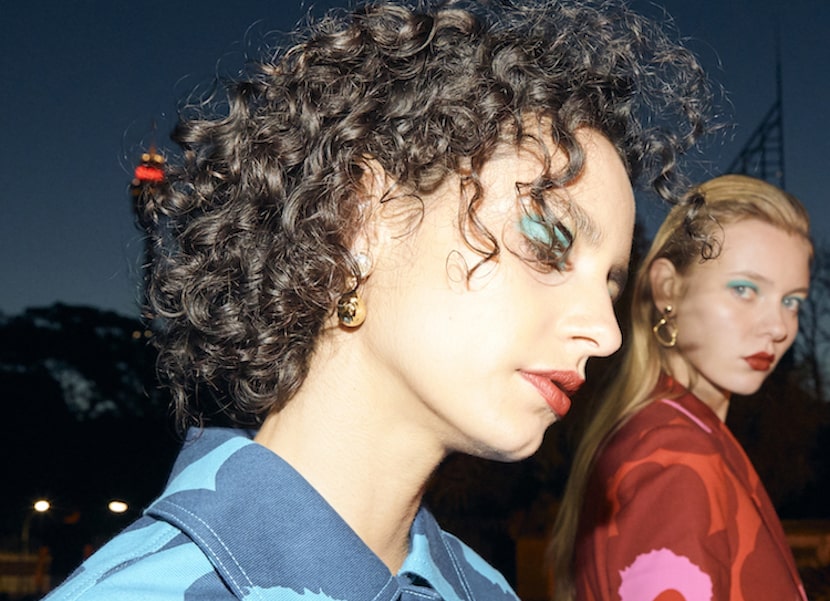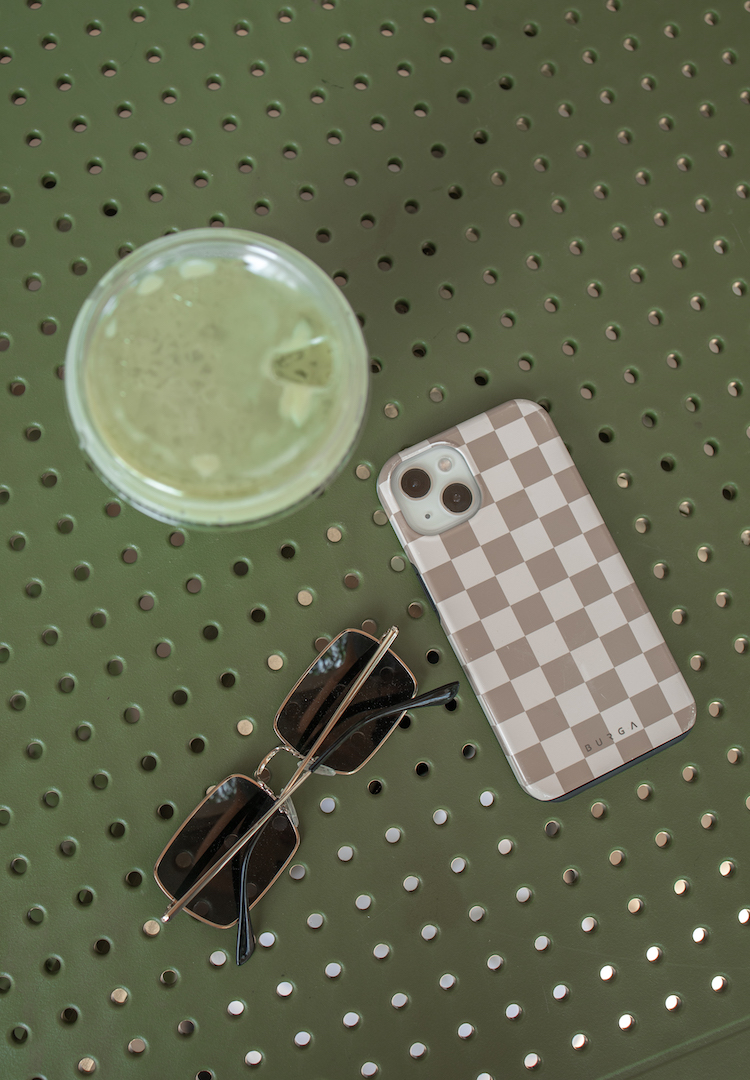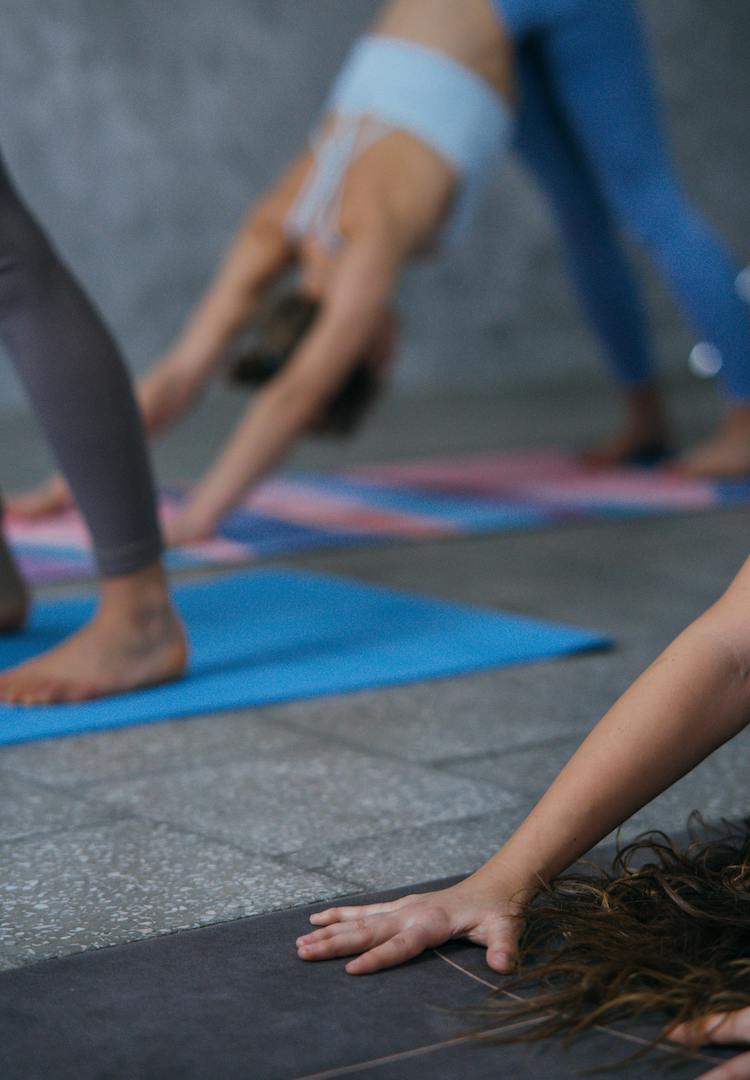How can I overcome social media envy? A mental health expert weighs in
PHOTOGRAPHY BY SEUNG ROK BAEK
WORDS BY IZZY WIGHT
“When we compare ourselves to others, we dim the light on what makes us who we are.”
As someone born at the tail end of Gen Z, it’s difficult to remember a time before social media dominated our lives. At first, Facebook was the only marker of online popularity. I remember feeling jealous of likes on status and profile picture updates, of friend requests and posts on ‘walls’. Pre-Instagram internet was a simpler time.
I started blogging and using Instagram when I was in high school. As I slowly gained online popularity, the social media envy became more insidious. As I wrote in a previous Fashion Journal article, “I’d have good days, where I was beside myself excited to hit those photos with a VSCO filter and upload them to Instagram, basking in the LED glow of the complementary, even aspirational comments… Unfortunately, the bad days were more frequent.”
Interested to hear how others navigate the world? Head to our Life section.
While social media wasn’t the sole reason for my slowly deteriorating mental health, the endless scrolling through other people’s achievements – physical, professional or otherwise – contributed to a downward spiral. And I’m not alone. Mental health advocate and therapist Stella Ladikos has dealt with her own internet-induced jealousy, and now helps clients struggling with the same experience. Below, she gives her tips on overcoming social media envy.
What do you think causes social media envy?
We live in a world dictated by appearance, status, materialism/capitalism and diet culture. Social media is the perfect breeding ground for all of these things. As a result of the society we live in, I believe many people feel anxious and insecure and [are] already experiencing poor mental health and self-esteem.
There is also a big culture of competition on social media… The issue now is that it’s hitting closer to home – money, fame [and] status were once reserved for celebrities, however, with the rise of micro-influencers, someone in your school, workplace or friendship circle can be a content creator/celebrity.
In your experience as a therapist, do you see mental health issues caused by the effects of social media?
I don’t think we can definitively say that social media causes mental health issues, but rather it can be a risk factor in experiencing poorer mental health outcomes. The effect on our mental health as a result of social media will largely depend on what our feeds look like. If your feed is filled with puppies and kittens, chances are your mental health won’t necessarily be that impacted.
If your entire feed is models, influencers, celebrities and extravagant lifestyles, however, there is a greater chance that envy and comparison may occur. I personally experienced the effects of social media the first time I sought therapy and now as a therapist, I definitely do see some of my clients struggling with it.
Why does social comparison have such a negative effect on our mental health?
We are a social species, so it’s quite natural for us to compare ourselves to others. However, in today’s day and age, comparison and the type of comparison that we often engage in can be extremely harmful to our mental health. Most comparison… involves us putting ourselves down while placing someone else on a pedestal.
… As a once-off, this comparison can drive some of us to work harder, achieve more or try something different to achieve a new goal. Long-term, though, comparison can be detrimental to our self-esteem and mental health. When we compare ourselves to others, we dim the light on what makes us who we are… [We often] forget the good parts and shine a light on the parts of ourselves that we don’t like or that are ‘inferior’ to the person we are comparing ourselves to.
What are some steps we can take to start overcoming social media envy?
Diversify your feed. You’re less likely to compare yourself if your social media feed is filled with a mixture of people doing a whole bunch of things, rather than just the same body type, or the same people who live extravagant lifestyles. When we diversify our feed, we… realise that we may be comparing ourselves to the minority (particularly in the context of body image).
Take a break from social media and get back into the real world. It’s been said before, but I’ll say it again… social media is not real! Even accounts/pages that claim to be ‘real’ and ‘authentic’ are still curated to some degree! So if you’re finding that envy and comparison are starting to bubble up, take a break! Switch off your phone, delete the app if you have to, and get into the things in your life that you enjoy doing [and] that have nothing to do with screens/social media!
Unfollow people. This was one of the greatest pieces of advice that my first therapist ever gave me – if you’re following people who make you feel the need to compare, compete or change, unfollow. I guarantee that anyone you unfollow (especially celebrities, influencers, and companies) will not care, or even notice that you have unfollowed. If you’d still like to follow someone (because maybe they’re a friend), but don’t want to see their content, opt for the ‘mute’ option.
Practice gratitude and self-compassion. Navigating social media envy… can be really challenging! It’s super important that you… [reflect on] the amazing things about you and the positives in your life… Finally, go to therapy. Speaking to a trained professional about social media envy can be really helpful to get you back on track, just that little bit quicker.
If you or someone you know is struggling with their mental health, you can contact Lifeline on 13 11 14.

